5. Absolute Power (1997)
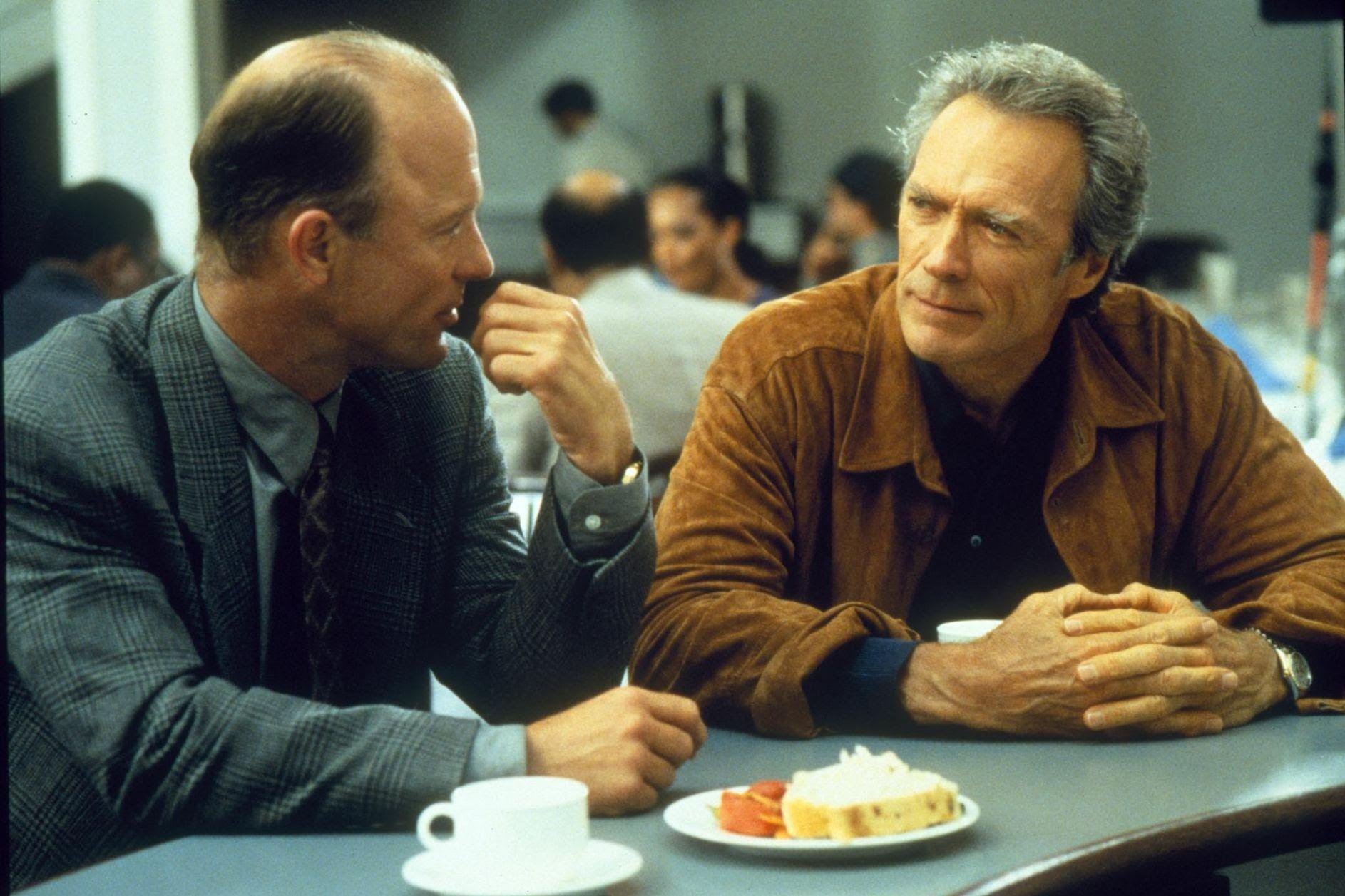
Like Mamet when it comes to pulp, there’s immense pleasure to be found whenever Clint Eastwood leaves behind his customary somberness and embraces sillier material. Some of his most enjoyable directorial efforts are the ones where he allows himself to let loose and demonstrates an often untapped skill for pure genre.
Case in point: “Absolute Power,” in which Eastwood channels Hitchcock and De Palma and, even more surprisingly, absolutely nails it. It’s possibly the single most insane thing he has ever done, with a preposterous airport novel plot about a master of disguise who uncovers a murder conspiracy involving the President – and it only gets more absurd from there.
But that’s exactly why the film works so well: Eastwood, like his influences, is able to walk a tightrope of making an ostensibly straight thriller out of the silliness of its premise, but also infuse it with a satirical spirit that balances everything out. This is the best film there is about the Bill Clinton administration.
4. Advise & Consent (1962)
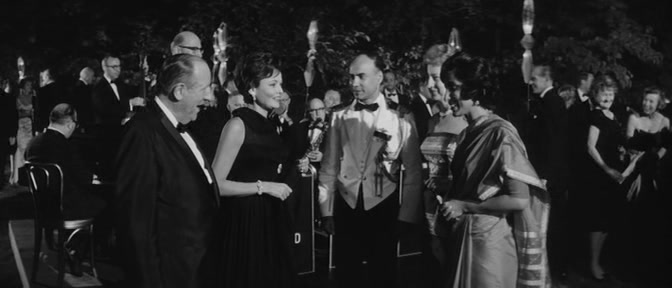
Like any other genre, the political thriller allows for a broad spectrum of tones and sensibilities within its essential molds. Meaning, you can just as easily have pulpy, no-frills genre pieces, and relatively more subdued, cerebral pictures.
Otto Preminger’s “Advise & Consent” belongs firmly on the second category; a cynical, nuanced and altogether gripping ensemble piece that is served equally well as a fascinating indictment of the inner workings of Washington, and simply as a showcase for its magnificent actors and stylized, verbose screenplay (one can draw a very clear line between the witty, melodic verbal spatting in this and in Aaron Sorkin’s whole style).
But even more impressive is that Preminger, ever a brilliant visualist, never allows this dialogue-heavy story to be anything less than utterly cinematic: “Advise & Consent” features some of the finest black-and-white cinematography of the ‘60s, an endless string of fabulous widescreen compositions.
3. The Ides of March (2011)
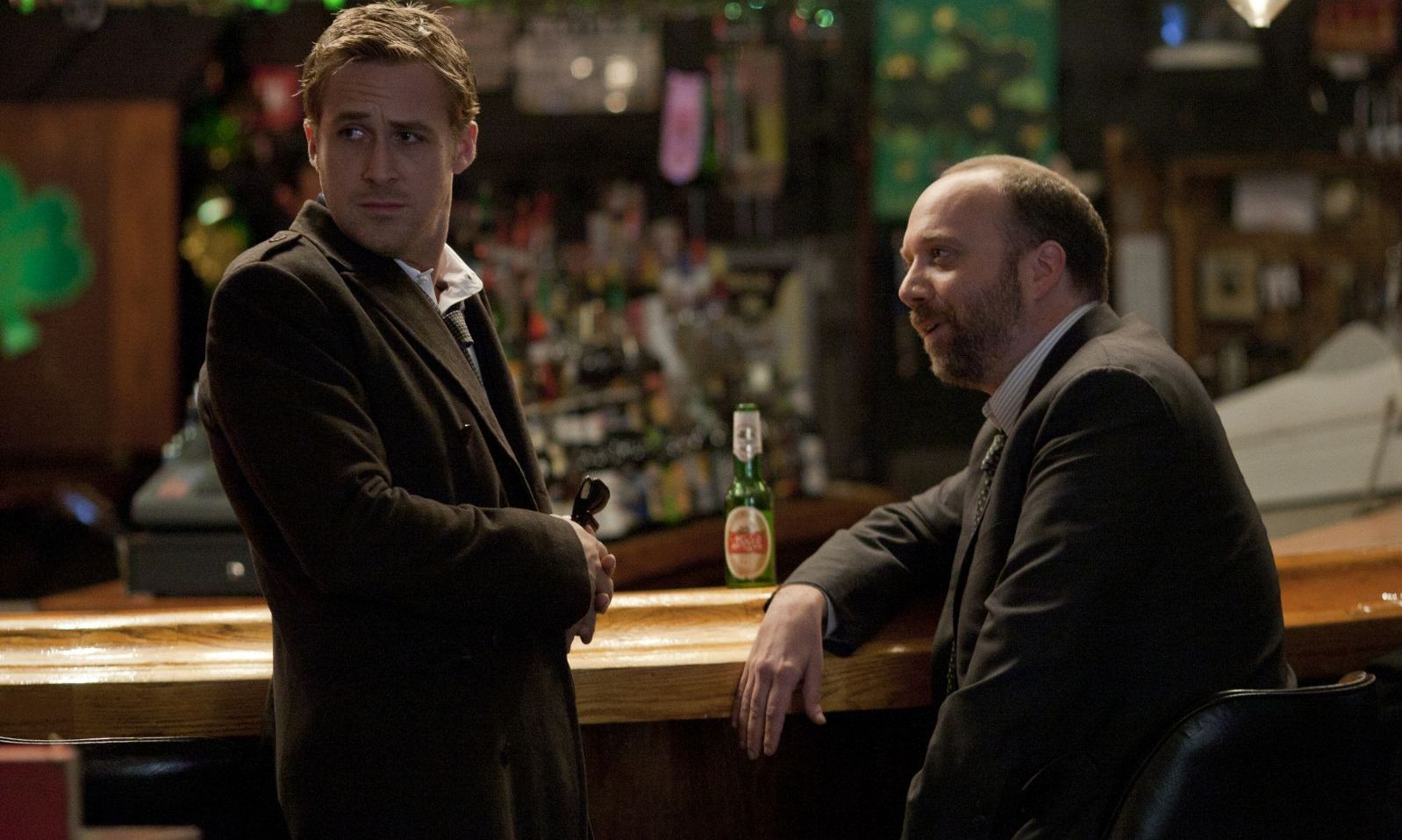
George Clooney is an endlessly frustrating figure as a director: after a beguiling but promising early run in which he made genuinely idiosyncratic, ambitious, and serious-minded work, the actor-turned-filmmaker has become a sort of walking example of everything that is wrong with studio-backed prestige-filmmaking. All of his directorial efforts from the past decade get increasingly more vapid and shallow, and confuse shiny production value for actual craft.
And that only becomes more frustrating when one thinks about the times Clooney has brushed against greatness in his directorial efforts, as in “Good Night, and Good Luck” and especially “The Ides of March.” A sort of modern day “Advise & Consent,” the film is, like Preminger’s picture, an arresting look at the behind-the-scenes of Washington – in this case, the running of a presidential campaign.
And like its 1960’s spiritual sibling, “The Ides of March” is so gripping mainly due to spectacular writing and a jaw-dropping ensemble, both of which are best represented by the fantastic scene in which Philip Seymour Hoffman makes a speech assessing the value of loyalty – it’s a brilliant oration (well-argued, character revealing, and with a keen handling of language) that becomes even richer by the performance of one of the greatest actors of all time.
2. The Ipcress File (1965)
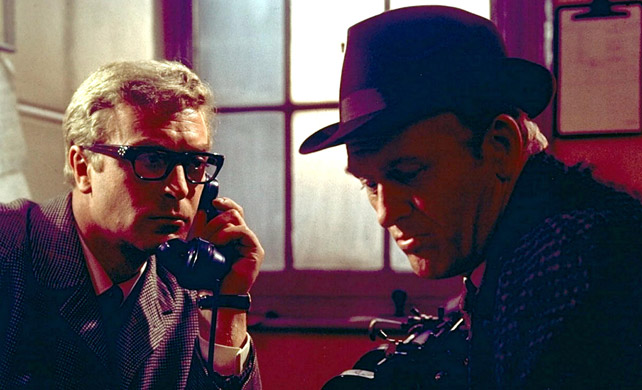
Often described as the serious, adult counterpart to the James Bond franchise, “The Ipcress File” both lives up to that reputation and is underserved by it. On one hand, it absolutely serves as a more realistic look at the world of espionage; but on the other, this film is basically a hardboiled noir rather than a spy flick.
But it’s actually a disservice to Sidney J. Furie’s film to label it at all, since this is a deceptively subversive piece, made at a time in which a thriller with an insidious anti-authority attitude could actually get funding and a wide release. It is, in that way, closest to John le Carre in spirit, a spy tale that foregrounds the bureaucracy of the craft and the myriad ideological ramifications of this lifestyle.
It’s vastly more complex than the average spy film, but thankfully, not less thrilling because of it: Furie was a gifted visual stylist, and the plotting is as tight and well-constructed as anything else in the genre.
1. The Ghost Writer (2010)
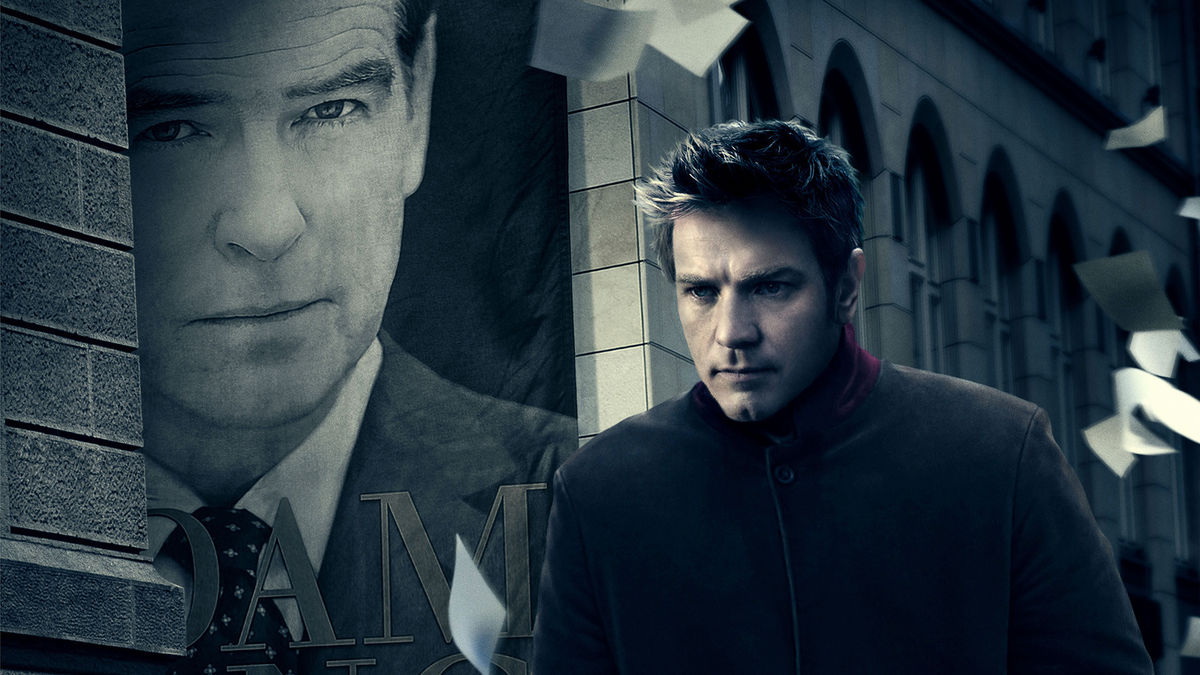
It’s natural that with time, certain genres diminish in popularity; they’re not entirely gone, per se, just not produced with the vigor and regularity as they once were, as in the case with westerns and musicals.
Another genre this has happened to, but one much less mourned, is the conspiracy thriller. In the ‘60s and ‘70s, times of great political turmoil, they were very popular, serving both as a mirror and a catharsis for the seemingly endless series of national scandals and international tensions.
“The Ghost Writer” is one of the few modern films to do that for our times, to engage with the widespread distrust of institutions that has more or less come to define the prevailing social attitude toward politics in the 21st century. And who better to make a movie about our collective paranoia than Roman Polanski?
While not as transcendentally brilliant as his earlier paranoid classics, “The Ghost Writer” is nevertheless remarkable, demonstrating Polanski’s perfect grasp of atmosphere and flawless ability for narrative manipulation and misdirection. One of the finest, most well-crafted thrillers of the 2010s that should be more talked about.